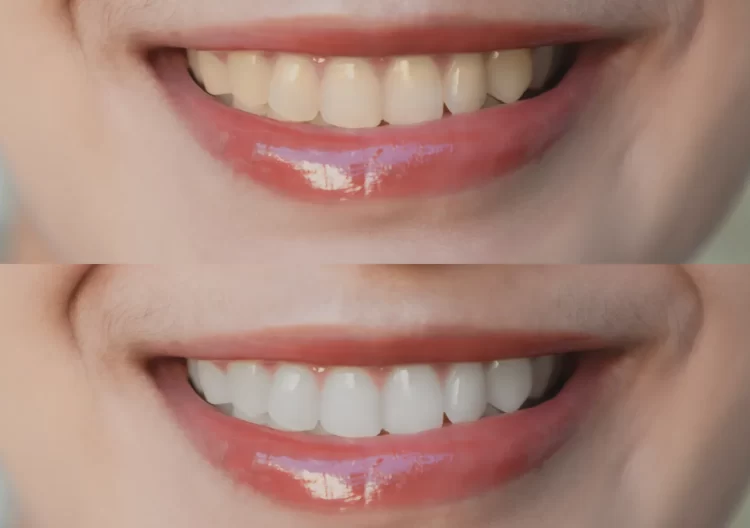Thumb sucking can be a normal behavior that a child will grow out of eventually. Usually, this occurs on its own between the ages of 2 and 4 years old. However, when thumb sucking continues later into a child’s life, it could negatively impact their oral health.
How Can Thumb-Sucking Be Harmful?
There are various factors besides age that may affect whether your child’s thumb sucking will have negative impacts. This includes whether they are doing it passively and infrequently or if they vigorously suck their thumb often. Frequent and active thumb sucking can lead to issues, including:
- Overbite, meaning the front teeth stick out from the others
- Open bite, meaning the bottom and top teeth don’t align properly
- Increased sensitivity of the roof of the mouth
- Impact on jaw shape, which can lead to a lisp
- Increased exposure to bacteria, viruses, and dirt
In many cases, these types of issues may go away if your child no longer sucks their thumb when they start getting their permanent teeth. You should also be aware that a pacifier has the same potential negative impacts on your child’s teeth. For this reason, you should not encourage them to suck on a pacifier instead of their thumb.
How Can I Help My Child Stop Thumb Sucking?
It is recommended that parents address thumb-sucking when the child reaches the age of two or three years of age. Some ways to help them stop include:
- Be aware of their triggers — your child may be more inclined to suck their thumb in certain situations, such as feeling hungry, tired, bored, or worried
- Try substituting an activity — attempt to engage your child in another activity where they will use their hands, such as playing with a ball or coloring
- Use positive reinforcement — this refers to giving your child praise or a small reward to reinforce the desired behavior, in this case not sucking their thumb
These approaches can be useful in encouraging your child to stop sucking their thumb. It’s also important to make sure that thumb sucking does not become a way for them to get attention, regardless of whether the attention is positive or negative.
How Your Dentist Can Help
Your dentist could help by examining your child’s mouth to determine their oral health. This includes the development of the teeth and checking for potential issues, such as an overbite. Your dentist may recommend various methods depending on their assessment.
These may include using a thumb shield, which is a flexible guard that covers the thumb. Another approach your dentist may recommend is an orthodontic device. This prevents your child from being able to suck their thumb. Your dentist will also be able to speak with your child during an appointment. This can help your child understand the consequences of continuing to suck their thumb in a way that they can understand.
Contact Babylon Dental Care Today
If you are worried about your child’s thumb sucking, call Babylon Dental Care now at (631) 983-6665. Our team is ready to schedule an appointment to address any concerns.



